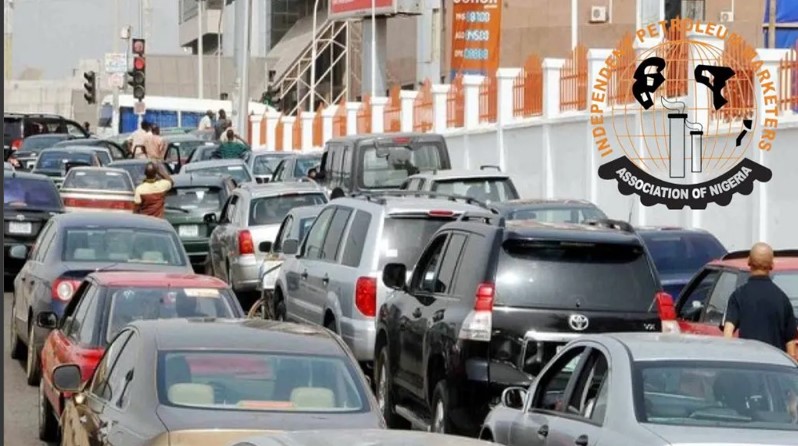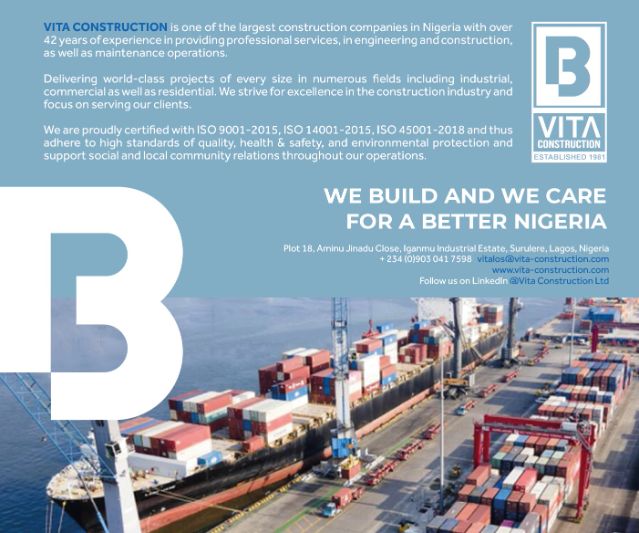Thousands of commuters and motorists have expressed concern as fuel scarcity grips several states across Nigeria, resulting in the closure of many filling stations and long queues at the remaining outlets dispensing petrol.
This scarcity has led to a surge in transport fares in affected states, as the limited number of transporters with access to petrol have raised their rates.
In the Federal Capital Territory (FCT), Nasarawa, Niger, Gombe, Sokoto, and Anambra states, commuters are struggling to find transportation due to the scarcity of PMS needed by transporters to operate their vehicles. Consequently, transport fares have skyrocketed in these states.
Several filling stations in Zuba, Niger State, including NNPC and AYM Shafa, were closed on Wednesday due to the lack of petrol. Similarly, the NNPC outlet on Arab Road, Kubwa, Abuja, had no product to sell, with many other outlets along the Kubwa-Zuba expressway also shut. In Nyanya, Nasarawa State, numerous filling stations were closed, further exacerbating the situation.
The inability of these stations to operate has resulted in massive queues at the few stations that have PMS available.
The scarcity has been attributed to a shortage in the supply of PMS to the nation’s capital and neighboring states, prompting oil marketers to schedule a meeting with the management of the retail subsidiary of the Nigerian National Petroleum Company Limited to address the issue.
Oil marketers have acknowledged the supply shortage and have indicated that investigations are underway to determine the cause. They expressed optimism that the issue would be addressed during the meeting with NNPC officials.
In Anambra State, the situation is particularly dire, with thousands of commuters left stranded at motor parks due to the unavailability of vehicles caused by the closure of petrol stations. This has led to a surge in transportation fares, with some routes experiencing fare hikes of over 200%.
For instance, commercial transporters have charged N500 for a journey that used to cost N200, while a journey of N500 is now being charged between N1,200 to N1,500.
A tricycle operator plying the Onitsha axis, simply identified as Tochukwu, mentioned, “I bought fuel from the black market for as high as N1,350 per liter this morning in order to work, after we discovered that filling stations did not open. Some of my colleagues went to Asaba in Delta State to get the product, and that is why transportation fares are high this morning.”
“We don’t really know why the filling stations are shut, but we are hearing that it’s like they are in a meeting somewhere in Awka. We have experienced this kind of situation before, and when they came back from their meeting that day, they hiked the pump price of petrol. It’s likely to be the same situation; we are watching as events unfold.”
A commuter at Awka, Chinwe Okeke, expressed frustration, stating, “I have been standing at the Regina Caelis Bus Stop for over two hours waiting to board a vehicle to UNIZIK, but it has been difficult. The vehicles that are coming have been charging very exorbitantly; I don’t know what is really happening.”
When contacted on the situation, the Anambra State Commissioner for Petroleum and Mineral Resources, Anthony Ifeanya, assured residents that there is no cause for alarm and advised commuters and motorists not to panic.
“It’s likely that the petrol marketers are in a meeting, and whenever they are having such a meeting, the shutting of petrol stations is a way of compelling every member to attend. Their meeting usually starts from morning till noon.”
Residents in Lagos and Ogun states have also faced challenges as filling stations experience long queues, and petrol prices vary widely.










